When it comes to textiles, cotton is often the fabric of choice for many consumers due to its softness, breathability, and versatility. However, within the realm of cotton fabrics, there are also different types, one of them being woven cotton. In this article, we will delve into the key differences between cotton fabric and woven cotton, examining their various characteristics to help you make informed decisions for your business or personal textile needs. 1. Manufacturing Process: Cotton Fabric: Cotton fabric is made directly from the cotton plant, which is harvested, cleaned, and then spun into yarn. The yarn is then woven or knitted to create the fabric. The weaving process involves interlacing the warp and weft threads at a 90-degree angle to create a stable and sturdy fabric. Woven Cotton: Woven cotton is a specific type of cotton fabric. It is created by weaving the cotton yarns in a crisscross pattern, forming a tight and structured fabric. The weaving process for woven cotton differs from other cotton fabrics, such as knitted cotton, as it creates a more substantial and less stretchy textile.
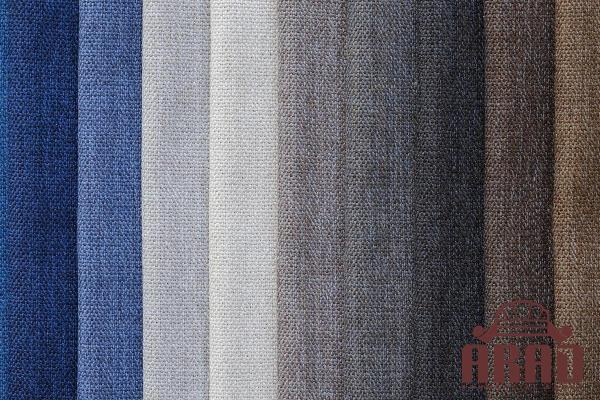
.
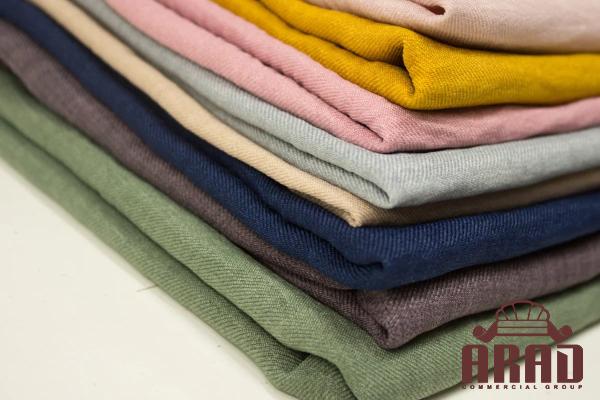 2. Strength and Durability: Cotton Fabric: Cotton fabric, whether woven or knitted, is known for its durability. It can withstand regular wear and tear, making it suitable for various applications, including apparel, home furnishings, and upholstery. The strength of cotton fabric lies in its compact fibers, which are tightly woven or knitted together, enhancing its tensile strength. Woven Cotton: Woven cotton is renowned for its superior strength compared to other types of cotton fabrics. The weaving technique used in its production creates a dense fabric structure, providing greater resistance to tearing and fraying. This makes woven cotton ideal for heavy-duty applications such as denim jeans and workwear. 3. Breathability and Comfort: Cotton Fabric: One of the most notable features of cotton fabric, regardless of its weaving pattern, is its breathability.
2. Strength and Durability: Cotton Fabric: Cotton fabric, whether woven or knitted, is known for its durability. It can withstand regular wear and tear, making it suitable for various applications, including apparel, home furnishings, and upholstery. The strength of cotton fabric lies in its compact fibers, which are tightly woven or knitted together, enhancing its tensile strength. Woven Cotton: Woven cotton is renowned for its superior strength compared to other types of cotton fabrics. The weaving technique used in its production creates a dense fabric structure, providing greater resistance to tearing and fraying. This makes woven cotton ideal for heavy-duty applications such as denim jeans and workwear. 3. Breathability and Comfort: Cotton Fabric: One of the most notable features of cotton fabric, regardless of its weaving pattern, is its breathability.
..
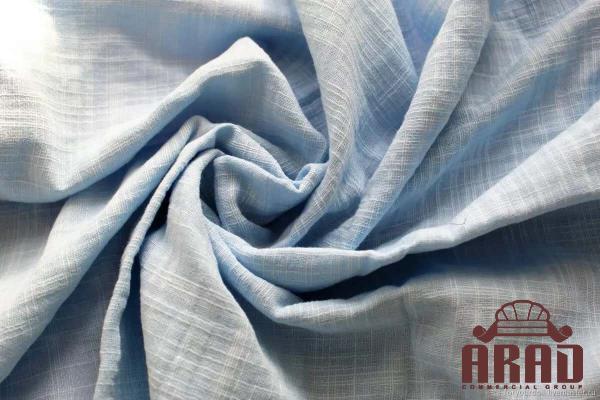 Cotton fibers have a natural ability to absorb and release moisture, allowing air to circulate and keeping the wearer cool and comfortable. This breathability makes cotton fabric a preferred choice for hot and humid climates. Woven Cotton: Woven cotton specifically retains the breathability and comfort associated with cotton fabric. The open interlacing of the yarns in the weaving process allows for improved airflow and ventilation, keeping the wearer dry and comfortable even in warm conditions. 4. Versatility and Application: Cotton Fabric: Cotton fabric, being a common textile choice, offers a wide range of applications. It is suitable for various garments, including T-shirts, dresses, and baby clothes. Additionally, cotton fabric is used extensively in the production of bedsheets, towels, curtains, and upholstery due to its softness and durability.
Cotton fibers have a natural ability to absorb and release moisture, allowing air to circulate and keeping the wearer cool and comfortable. This breathability makes cotton fabric a preferred choice for hot and humid climates. Woven Cotton: Woven cotton specifically retains the breathability and comfort associated with cotton fabric. The open interlacing of the yarns in the weaving process allows for improved airflow and ventilation, keeping the wearer dry and comfortable even in warm conditions. 4. Versatility and Application: Cotton Fabric: Cotton fabric, being a common textile choice, offers a wide range of applications. It is suitable for various garments, including T-shirts, dresses, and baby clothes. Additionally, cotton fabric is used extensively in the production of bedsheets, towels, curtains, and upholstery due to its softness and durability.
…
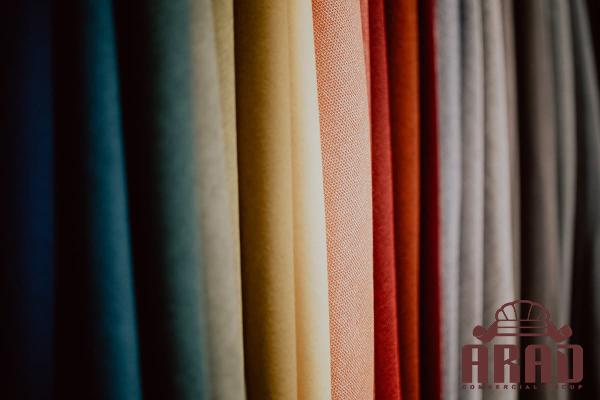 Woven Cotton: While woven cotton shares the same versatility as cotton fabric, its exceptional strength makes it particularly suitable for specific uses. Woven cotton is commonly employed in heavy-duty applications like workwear, outdoor gear, and furniture upholstery that require durability and longevity. Conclusion: Choosing between cotton fabric and woven cotton ultimately depends on your specific requirements. Cotton fabric, with its natural breathability and versatility, is a go-to choice for a wide range of applications. On the other hand, woven cotton’s superior strength and durability make it an excellent option for heavy-duty usage. By understanding the manufacturing process, strengths, breathability, and applications of both cotton fabric and woven cotton, you can confidently make informed decisions about your textile needs, be it for personal use or business purposes.
Woven Cotton: While woven cotton shares the same versatility as cotton fabric, its exceptional strength makes it particularly suitable for specific uses. Woven cotton is commonly employed in heavy-duty applications like workwear, outdoor gear, and furniture upholstery that require durability and longevity. Conclusion: Choosing between cotton fabric and woven cotton ultimately depends on your specific requirements. Cotton fabric, with its natural breathability and versatility, is a go-to choice for a wide range of applications. On the other hand, woven cotton’s superior strength and durability make it an excellent option for heavy-duty usage. By understanding the manufacturing process, strengths, breathability, and applications of both cotton fabric and woven cotton, you can confidently make informed decisions about your textile needs, be it for personal use or business purposes.
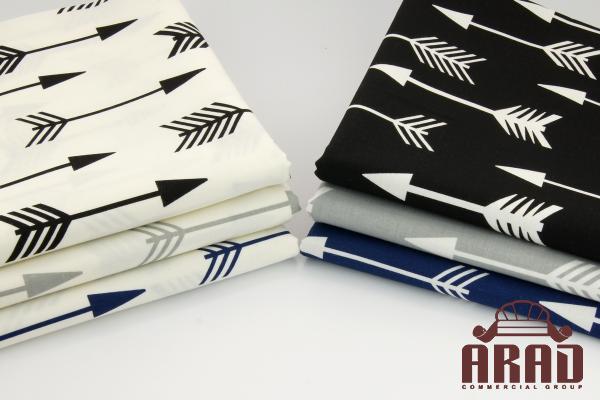
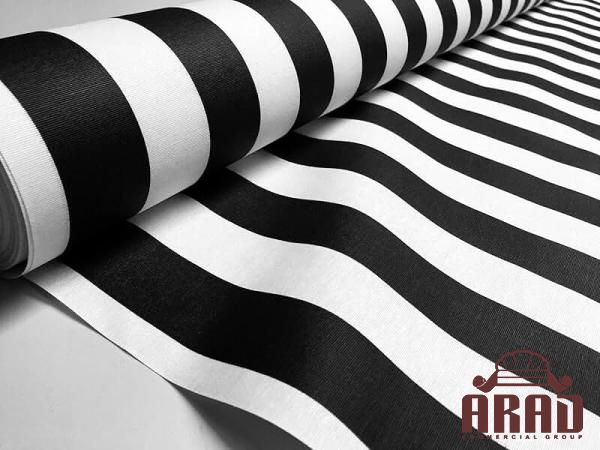
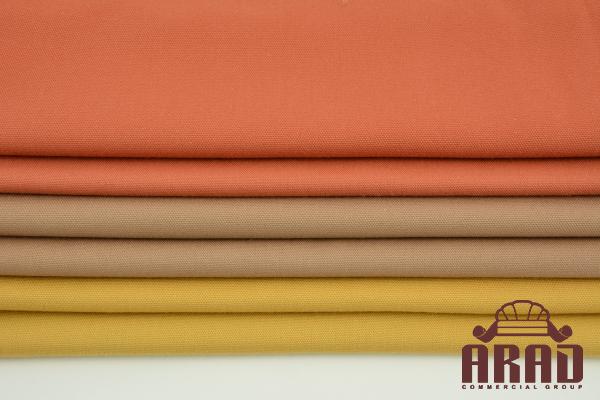
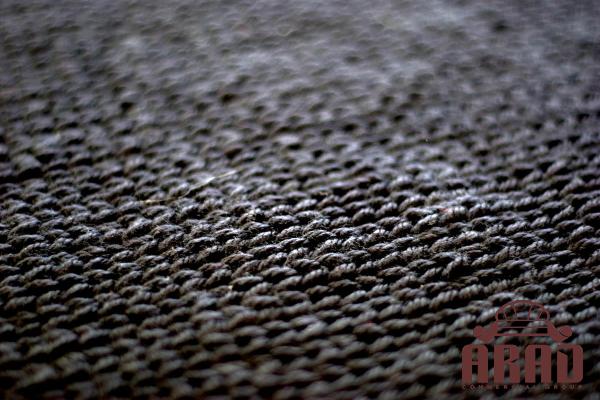
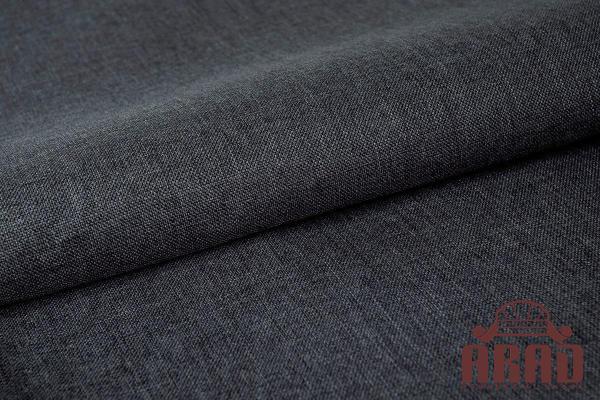
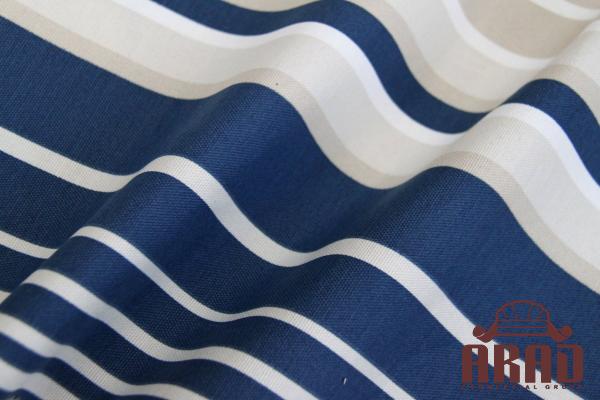
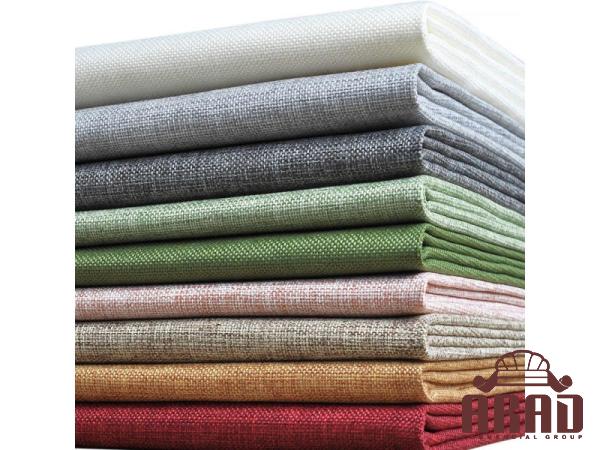
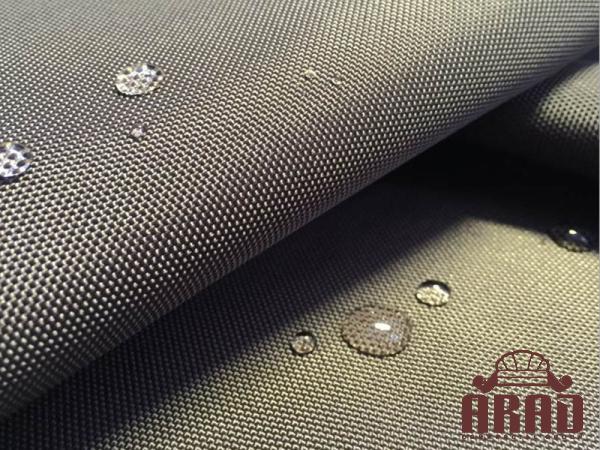
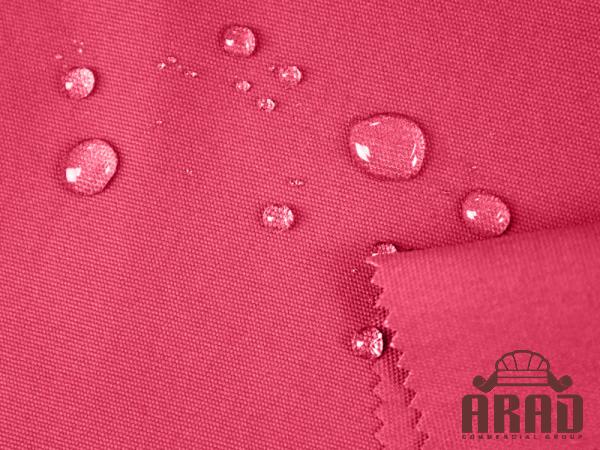
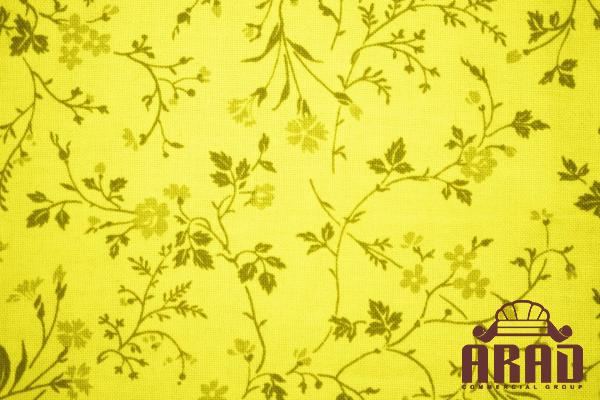
Your comment submitted.